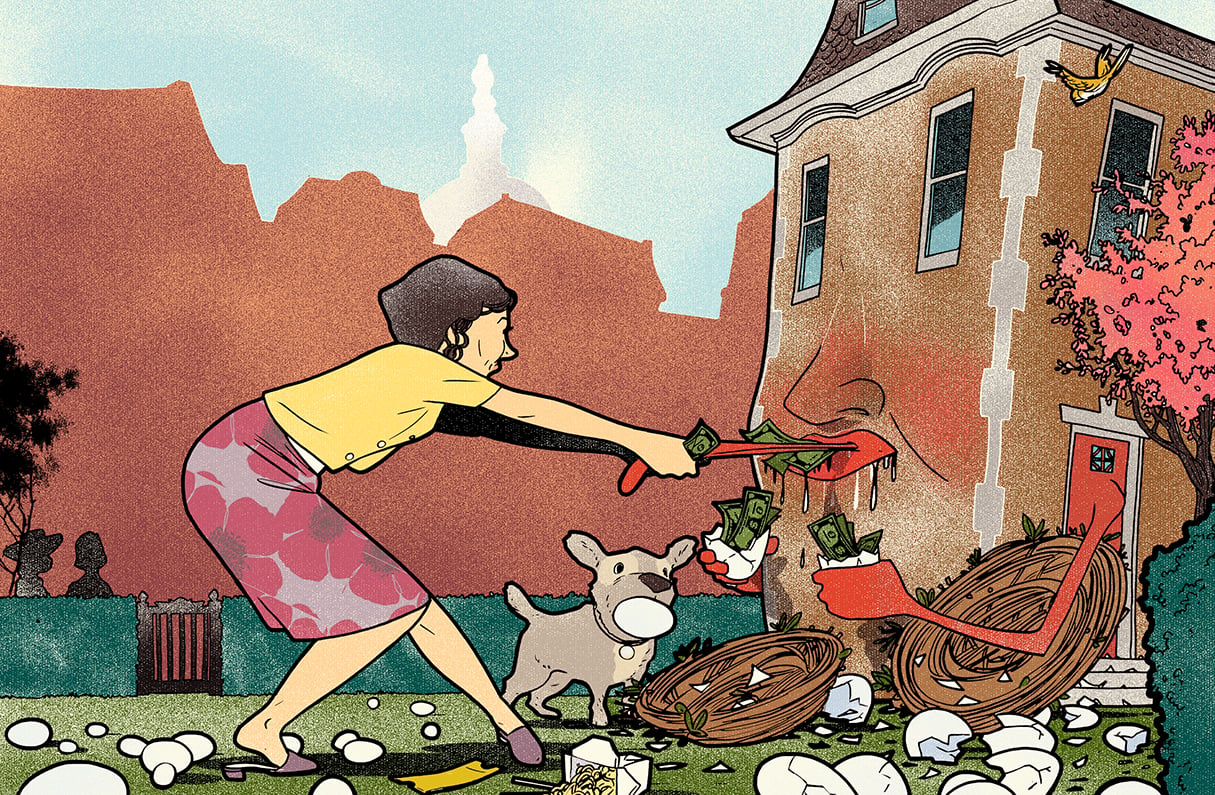Dear Ben:
Way to go! Your flooding the economy with cheap credit has pulled us back from the brink of a depression. Your appointment to a second term as head of the Federal Reserve is richly deserved.
But it’s too soon to celebrate. You and your fellow central bankers can still blow it if you buckle under the pressure from Wall Street to reverse course. The bankers are worried that all that money you’re printing will spark a new bout of inflation. Even some of your colleagues at the Fed are buying that line.
Don’t listen. Aren’t these inflationphobes the same wizards who made reckless housing loans and nearly brought the economy crashing down, forcing the rest of us to bail them out? Ben, the threat isn’t inflation; it’s deflation.
I don’t have to remind you of that dangerous cycle when falling prices and wages start feeding each other—just the opposite of inflation. You warned about deflation back in 2002 and were derided for being an alarmist. If you tighten credit too quickly, you’ll prove to have been prescient.
Most people don’t think about deflation because it hasn’t happened in this country since the 1930s. Prices fell when consumers stopped spending in the face of soaring unemployment. That prompted businesses to cut wages to stay profitable. The wage cuts triggered more price cuts.
The only cure, as you’ve pointed out, is to keep pumping money into the economy.
We’re getting close to a similar cycle today. Consumer prices have been falling over the past year, something we haven’t seen since the 1950s. Seniors won’t get a cost-of-living increase this year—that’s never happened before. Wages are growing at the slowest rate in half a century. Family incomes have taken their biggest hit in six decades. Our houses are worth a lot less, and our 401(k)s are down 25 percent or more. We’re hurting.
When one in ten workers is out of a job and many with jobs are treading water, it’s little wonder that retailers have been cutting prices and holding perpetual sales. Have you noticed that you can actually bargain for a better price at some stores?
If you shut off the money spigot too soon and let interest rates start creeping up, you’ll put a crimp in everything from housing and auto sales to credit-card purchases. Businesses will respond by cutting prices, laying off workers, and cutting or freezing wages. Our investments will head south again.
Why are the bankers worried about inflation? Here’s their dirty little secret: When inflation rises, lenders lose.
If I take out a $100,000 loan, its value slowly erodes as inflation reduces the purchasing power of a dollar. After ten years of 4-percent inflation, that loan has lost more than half its value. When there’s deflation, the value of that loan rises each year.
A banker is going to feel more threatened by inflation and will be pressing you to make sure you don’t reignite it.
I’m not suggesting a return to the days of double-digit inflation as we had in the late ’70s. That’s not likely in today’s global economy. Back then we didn’t have China, India, Russia, Brazil, and other rapidly developing markets to compete with us. Their growing manufacturing and service sectors and educated work forces will help keep prices and wages from rising too fast.
In fact, if we have any hope of pulling out of this recession, it won’t be because of US consumers, who seem too tapped out to go on a new spending spree. We’ll need help from consumers in those emerging economies buying American goods. Our stuff is starting to look like a bargain as the dollar falls against other currencies.
Ignore the bankers. Ordinary Americans still need your help. They’ve suffered through a housing crisis, a stock-market crash, layoffs, and pay cuts. Give them time to get back on their feet. You’ve said recently that unemployment will keep rising and then come down only slowly. This is no time to start pondering interest-rate hikes.
To update that old saying: Hey, buddy, can you spare some easy credit?
This article first appeared in the November 2009 issue of The Washingtonian. For more articles from that issue, click here.


















